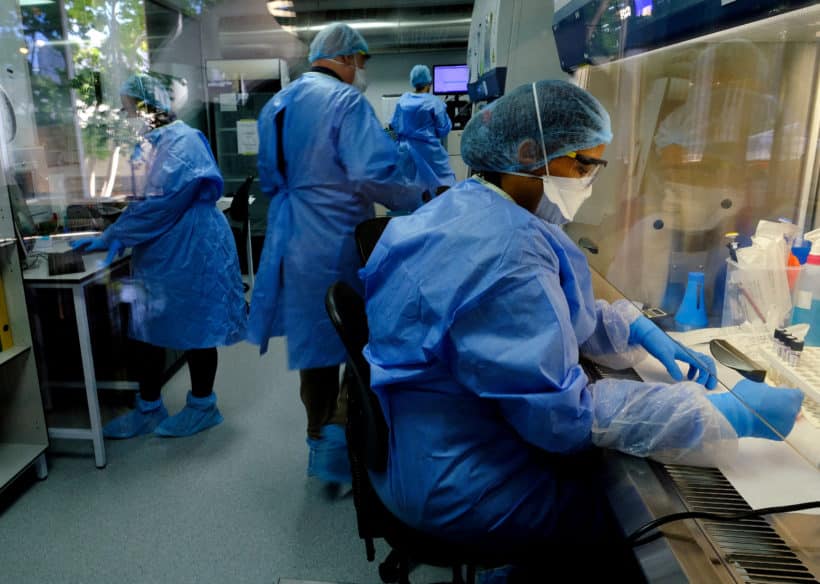
LONDON, Dec 7 (Reuters) – Up to $1 billion will be available to boost African vaccine manufacturing as part of a new scheme set up by Gavi, the Vaccine Alliance, the global health organisation said on Thursday.
The “African Vaccine Manufacturing Accelerator” aims to address the inequality in access to vaccines that plagued the continent during the COVID-19 pandemic, as well as to use domestically-produced shots to tackle diseases that kill hundreds of thousands of African children every year, such as cholera and malaria.
The African Union (AU) has set a target for the African vaccine manufacturing industry to supply over 60% of the total vaccine doses required on the continent by 2040, up from around 1% now. A host of initiatives have been launched across the continent since COVID-19, but some have struggled amid high start-up costs, particularly as demand waned as the pandemic receded.
The funding for the accelerator comes from leftover money in the COVAX initiative, a scheme set up during the pandemic to help vaccines reach the world’s poorest countries. It has been approved by Gavi’s board after consultation with the AU, the Africa Centres for Disease Control and Prevention (CDC), and other partners. The scheme is due to launch in June 2024 at an event hosted by the Africa CDC and France.
“The big aim here is to have a pot of money set aside for a ten year period to enable a sustainable African vaccine industry to be produced,” said David Kinder, Gavi’s director of development finance, in an interview.
At the same Gavi meeting in Accra, Ghana, the board also approved plans for around $290 million to help “catch up” routine immunisations for children, which were hit hard by pandemic-related disruptions, as well as a $500 million “first response” fund, to ensure money is available immediately when a new pandemic hits.
HOW IT WORKS
The African accelerator will pay manufacturers a sum when their vaccines are approved by the World Health Organization. It will provide another payment if companies win bids to supply vaccines through Gavi, which co-finances purchases with low-income countries.
This will allow manufacturers to price products competitively, Kinder said, so African countries can choose African-made vaccines for the price of products made elsewhere.
The initiative focuses on diseases, including cholera, plus new technologies like viral vector and mRNA vaccines, which were transformative during COVID-19 and could help in future pandemics, Kinder added.
(Reporting by Jennifer Rigby; Editing by Aurora Ellis)

